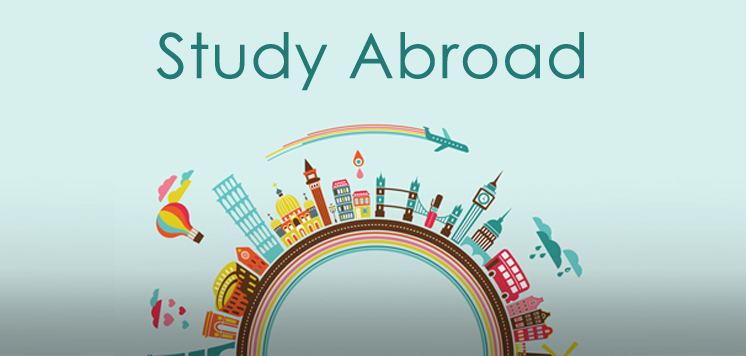When you’re seeking mental health services, such as counseling or therapy, accreditation matters. It serves as a formal, third-party evaluation that ensures the professional adheres to an established set of standards, meets baseline competencies, and provides quality care.
Accreditation is also important for individuals pursuing a career in mental health. Courses that are accredited by an independent third-party organization ensure that the educational program and qualification are nationally recognized.
For those looking to study a mental health-related program, it’s crucial to ensure that the program is independently accredited, like CACREP-accredited online counseling programs. Not only does it signify the educational institution’s reputation and credibility, but it is also important for your future for professional registration and employability.
What is accreditation?
Accreditation is essentially a quality assurance “seal of approval” process. It is used in various industries, such as healthcare, education, and community service, and can be used to signify quality, credibility, and safety.
In education, accreditation exists to evaluate the operations and services offered by educational institutions. In the United States, this accreditation is typically done by a recognized, independent third-party organization, while in some other countries, it could be a government agency.
In higher education, accreditation is important to ensure programs meet certain national standards. For students, this means they have a guarantee that their course’s curriculum has been thoroughly vetted and the quality of teaching staff has been verified.
Many healthcare professions, including counseling, require the completion of an accredited program to work. Similarly, attaining an accredited qualification is also the first step for many healthcare professions, such as nursing and counseling, to register with their respective professional bodies and obtain licensing.
For example, becoming a licensed professional counselor (LPC) in the United States requires completing an accredited higher education program. Licensure is also required in most states to practice as a professional counselor.

Why accreditation matters
Accreditation is vital to the mental health sector for all parties involved: students, educational institutions, employers, and the general public. The numerous reasons why accreditation matters are explored below.
For students
For students interested in counseling, accreditation is key for two reasons. First of all, accreditation guarantees the quality of the course and its teachers. It ensures the student will meet the competencies required in the industry and will be up-to-date with the latest practices.
Accreditation is also important because without it, the course won’t be recognized by professional bodies. For example, if you want to work as a professional counselor, you require licensure from an organization such as the American Counseling Association, which requires an accredited degree.
For educational institutions
For universities and colleges, receiving accreditation is crucial for reputation. Receiving accreditation demonstrates to the public that the institution provides a high-quality learning experience and is credible, which can attract students, industry professionals, and staff.
For employers
Once you’ve completed your degree, accreditation also plays an important role in the hiring process. Employers always keep an eye out for accreditation, as it serves as a trusted benchmark for a person’s knowledge and skills.
For healthcare in particular, accreditation is also a requirement for many roles due to ethical and legal reasons. Accreditation holds the graduate accountable, as breaking the profession’s code of conduct can lead to a loss of licensure and inability to work.

For the general public
Accreditation is also crucial for the general public and for people seeking mental health services. Accreditation ensures that all the professionals in fields such as nursing, counseling, and psychology meet baseline competencies to provide consistent quality care.
Without accreditation, there is no regulation. Professions would lose their legitimacy, and no one would be held accountable when problems arise, such as maltreatment and poor quality of care.
Counseling accreditation organizations
In the United States, there are several organizations that accredit counseling programs. One of the main organizations is the Council for Accreditation of Counseling and Related Programs (CACREP).
CACREP has been active since 1981, providing accreditation to counseling programs nationwide. Currently, the organization has accredited over 983 master’s and doctoral programs in counseling, offered by 473 colleges and universities across the country.
If you want to become a counselor, a CACREP-accredited program offers a clear pathway to becoming a licensed professional. If you’ve decided on that career path, it can also be beneficial to be aware of the professional bodies for counseling. The national associations include:
- The American Counseling Association (ACA)
- The National Board for Certified Counselors (NBCC)
- The American Mental Health Counselors Association
Besides these professional bodies, there are also state counseling organizations. Since counseling regulation and licensure can vary between states, it’s always worth researching if your local area has state-specific organizations and licensure.
If you want a career path that offers flexibility and stability, counseling is a great choice. Also, as the country is experiencing a mental health crisis, the demand for counseling in all areas is only rising, leading to a surge in job opportunities nationwide.



